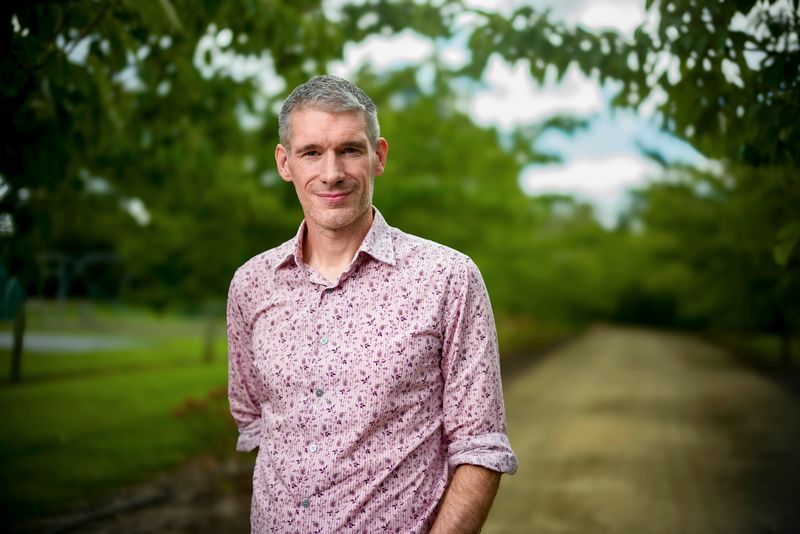The Organising Committee of Biosystems Engineering 2026 is delighted to present yet another keynote speaker, Dr. David Meredith.

Dr. David Meredith is a Senior Research Officer at Teagasc, Ireland’s Agriculture and Food Development Authority, where he leads the Department of AgriFood Business and Spatial Analysis. He serves as Principal Investigator for the Horizon Europe SafeHabitus project (2023-2026) and previously led the Irish RENEW2050 and BeSAFE projects, developing evidence-based interventions to improve farmer safety, occupational health, and mental wellbeing. His research examines the social and economic factors that influence farmer behaviour and safety practices, translating findings into actionable policy recommendations and practical resources for agricultural advisors and policymakers at national and EU levels. Dr. Meredith has published extensively on farm safety and rural occupational health, and currently supervises a team of PhD and Post-Doctoral researchers in these fields. He holds a PhD in Human Geography from Maynooth University and a Higher Diploma in Statistics from Trinity College Dublin, enabling him to combine rigorous quantitative analysis with applied social research to address critical safety and wellbeing challenges in agriculture.
Rethinking Working Conditions and Social Sustainability in European Family Farming
Farm populations are ageing, succession rates are declining, and, in many EU countries, both farm and rural communities are contracting. Whilst environmental and economic dimensions of agricultural sustainability have received substantial attention, the social sustainability of farming systems remains comparatively underexplored. This presentation examines how working conditions—the material, temporal, and psychosocial circumstances under which agricultural labour is performed—relate to the social sustainability of family farming in Europe. Drawing on frameworks from the sociology of work, social sustainability theory, and resilience thinking, I argue that the succession crisis represents not merely the outcome of economic challenges faced by farmers, farm households and farm businesses, but a breakdown in the intergenerational reproduction of agricultural labour. Central to this breakdown is the cultural reproduction of self-exploitation: the normalisation and transmission of working practices that would be unacceptable to most if externally imposed. Young people’s reluctance to succeed to farms reflects, in part, a healthy resistance to reproducing unsustainable working conditions observed in parental generations. Using Eurofound’s job quality framework and Vallance et al.’s distinction between development and maintenance social sustainability, I demonstrate how different dimensions of working conditions serve different sustainability functions. Foundational dimensions (earnings, physical environment, working time) ensure farming meets basic needs, whilst distinctive dimensions (autonomy, skills, social environment) preserve what makes farming worth maintaining culturally. Both are necessary, yet maintenance sustainability may paradoxically require transforming—not merely preserving—what gets reproduced intergenerationally. The keynote concludes by reframing policy interventions addressing working conditions as investments in the social reproduction of European agriculture, proposing research priorities and integrated policy approaches spanning income support, technological investment, rural services, and cultural change initiatives.